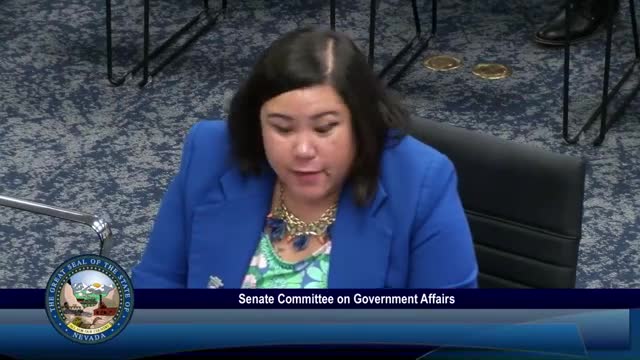Article not found
This article is no longer available. But don't worry—we've gathered other articles that discuss the same topic.
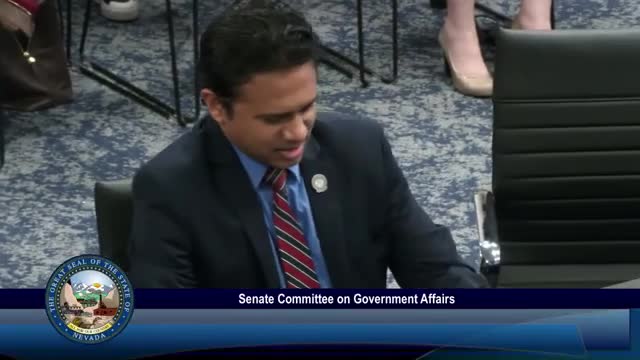
Lawmakers consider expanding Nevada HEAL loan‑repayment list to include more behavioral‑health and allied professionals
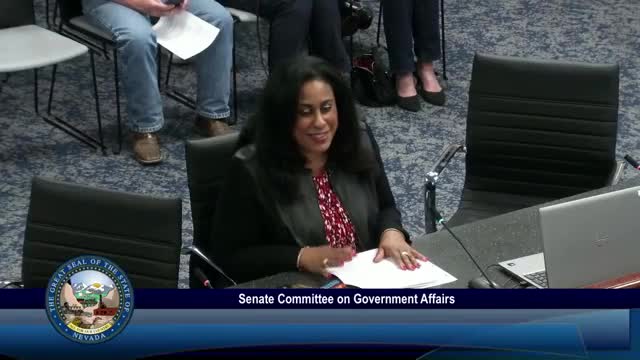
Senate committee hears bill to designate July as Muslim American Heritage Month amid objections over timing and precedent
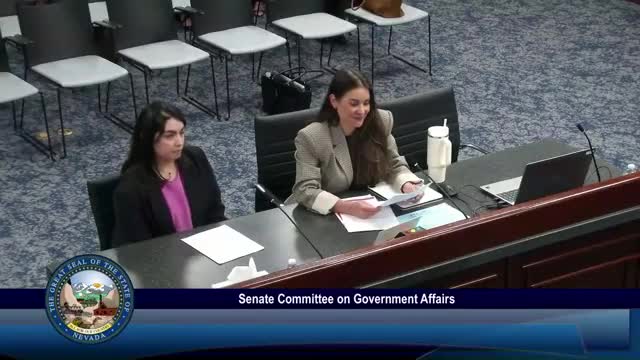
Senate committee hears bill to let reproductive and gender‑affirming care providers use fictitious addresses
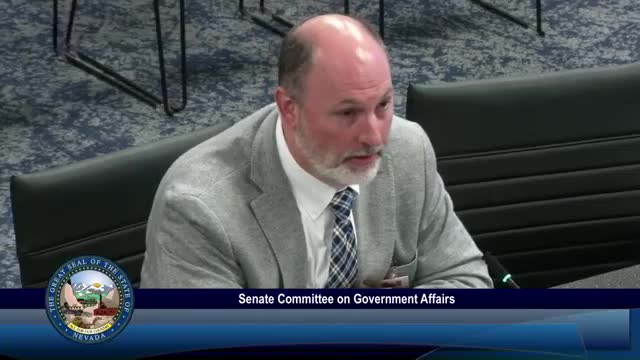
Stakeholders back narrow bill to streamline local licensing for 'broadband‑only' providers
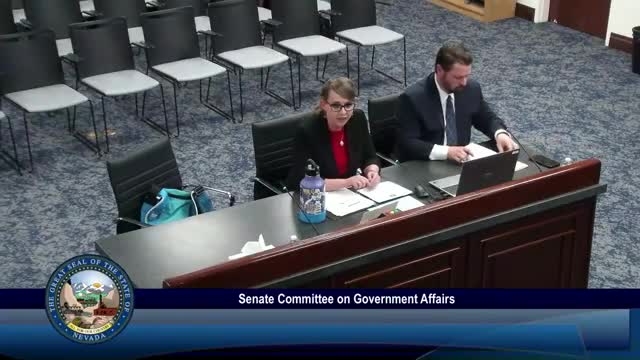
Legislature considers letting certain general improvement districts raise board compensation cap to reflect inflation
